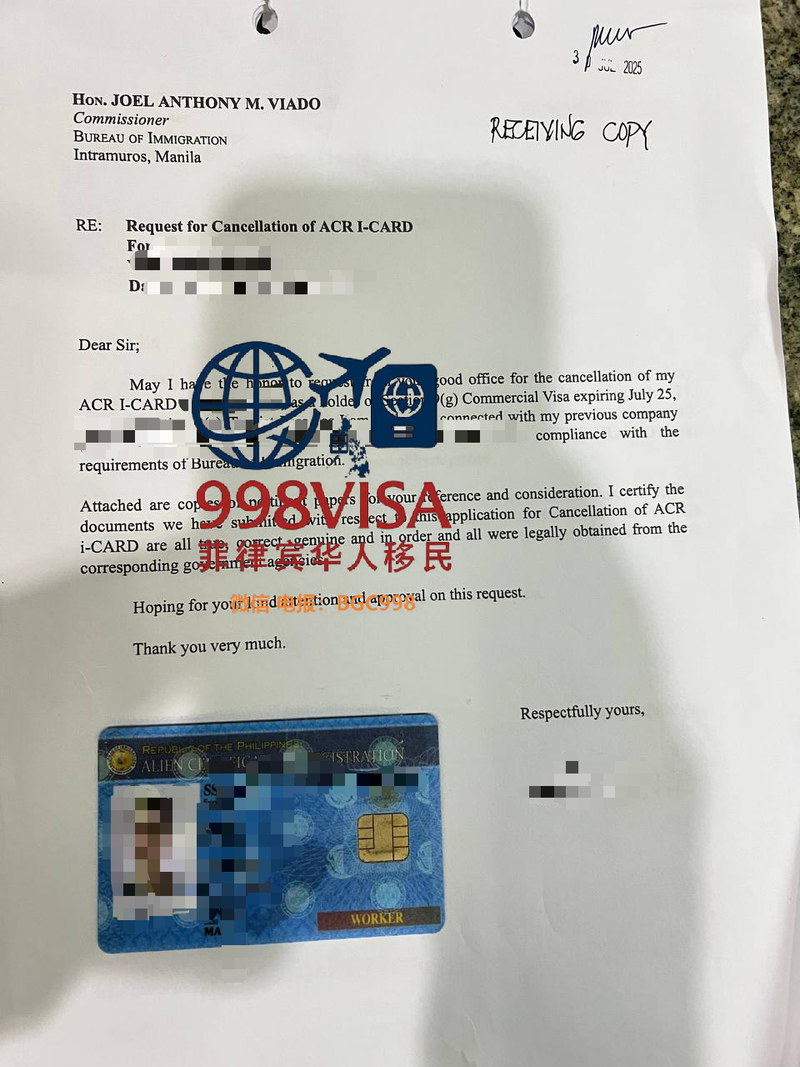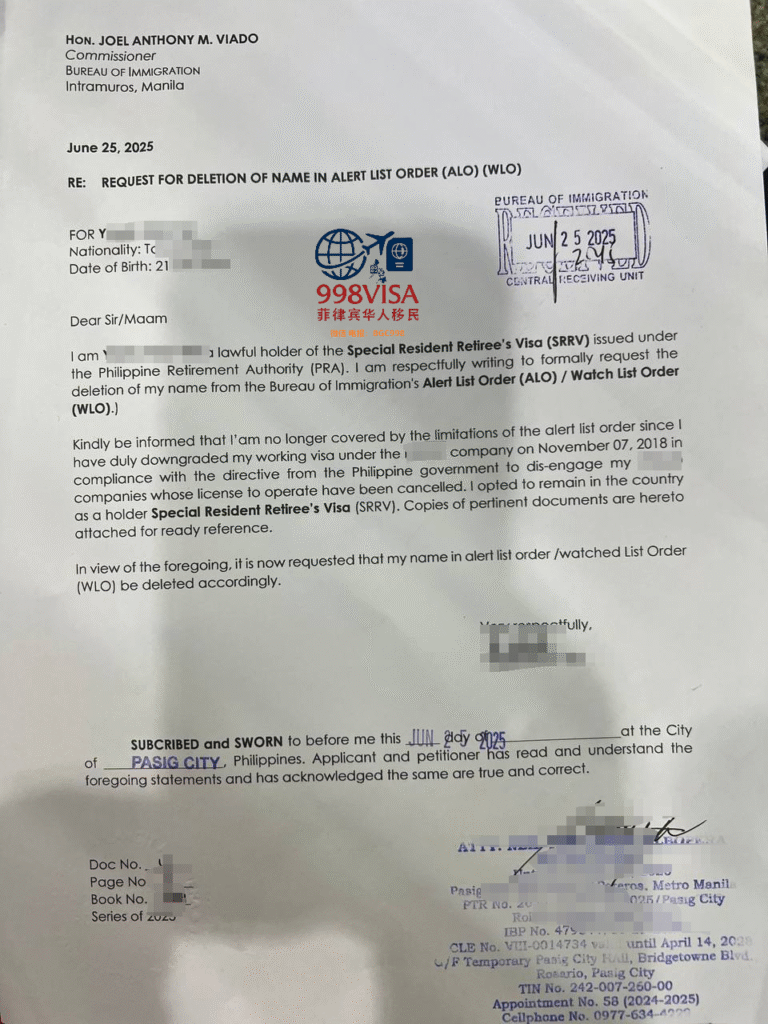Can a Philippines marriage visa (13A) holder open multiple bank accounts in the country?

Can a Philippines marriage visa (13A) holder open multiple bank accounts in the country?
Yes, once a foreign spouse secures a Philippines marriage visa (13A), they can open multiple bank accounts with different financial institutions. The permanent residency status, along with the ACR I-Card, makes it easier to satisfy bank requirements. Some banks only allow tourist visa holders to open temporary accounts, but 13A holders qualify for standard savings, checking, or time deposit accounts, just like local residents. Having multiple accounts is advantageous for managing household expenses, international transfers, and investment savings. It also provides a reliable financial record that can be used when applying for loans or mortgages. Since the 13A visa assures banks of a foreigner’s long-term stay, it removes many barriers faced by short-term visitors. This financial flexibility helps couples establish stability, build credit history, and manage both local and international income efficiently. For many foreigners, this is one of the most practical benefits of the marriage visa.
Can a Philippines marriage visa (13A) holder access public healthcare services?
Yes, a Philippines marriage visa (13A) holder can enroll in PhilHealth, the country’s national health insurance program, and access public healthcare services. Permanent residency qualifies them as members, either individually or as dependents under their Filipino spouse’s membership. This ensures access to affordable hospitalization, discounted medical fees, and coverage for common treatments in government hospitals. While private hospitals may still require separate health insurance, being a PhilHealth member provides a financial safety net, especially for emergencies. Additionally, 13A holders can also purchase private health insurance in the Philippines for wider coverage. This healthcare inclusion is significant because short-term visa holders cannot enroll in PhilHealth, leaving them with higher out-of-pocket medical expenses. For couples planning to settle long-term, this access to healthcare ensures greater financial protection and peace of mind. It is another reason why the 13A marriage visa is considered a practical pathway to stable family life in the Philippines.
Can a Philippines marriage visa (13A) holder apply for local membership cards and utilities?
Yes, a foreign spouse with a Philippines marriage visa (13A) is eligible to apply for utilities such as electricity, water, and internet services in their own name, provided they can show proof of residence. They can also apply for membership cards with supermarkets, malls, and loyalty programs. The ACR I-Card and proof of billing are usually sufficient to process these applications. Having utilities under their own name strengthens a foreign spouse’s legal presence and independence, especially when establishing financial credibility. Furthermore, loyalty and membership cards allow them to access discounts, rewards, and other perks available to long-term residents. These conveniences make everyday life smoother and more affordable. Without permanent residency, many foreign spouses would need their Filipino partners to handle all applications. With the 13A visa, they can take on these responsibilities themselves, creating a sense of belonging and stability within Philippine society.
Can a Philippines marriage visa (13A) holder freely travel to nearby ASEAN countries?
Yes, while the Philippines marriage visa (13A) itself only grants residency in the Philippines, it makes international travel more convenient. Since 13A holders are considered permanent residents, they can leave and re-enter the Philippines without applying for re-entry permits or facing overstay issues. This freedom is especially useful for those who want to travel to nearby ASEAN countries like Thailand, Malaysia, Singapore, or Vietnam for work, business, or leisure. Some countries in the region also offer visa-free or visa-on-arrival entry depending on the traveler’s nationality. What makes the 13A advantageous is that it guarantees seamless return to the Philippines without immigration hassles. For frequent travelers, this benefit saves both time and money. It ensures that while they explore opportunities abroad, their residency in the Philippines remains secure, allowing them to maintain strong family and business ties in their second home.

Can a Philippines marriage visa (13A) holder apply for a local credit card?
Yes, one of the most practical financial benefits of having a Philippines marriage visa (13A) is the ability to apply for local credit cards. Many banks require permanent residency as a condition for approval, since it shows financial stability and long-term ties to the country. With the ACR I-Card, proof of income, and sometimes a joint account with the Filipino spouse, foreign residents can qualify for credit cards. This allows them to build local credit history, earn rewards, and manage expenses more efficiently. It also makes online shopping and international payments more convenient. Without the 13A visa, most foreigners face rejection when applying for credit cards, limiting their financial flexibility. Therefore, the marriage visa not only grants residency but also opens doors to financial privileges that enhance daily living and long-term planning for mixed-nationality families in the Philippines.
Can a Philippines marriage visa (13A) holder enjoy senior citizen discounts later in life?
No, senior citizen discounts in the Philippines are a privilege exclusive to Filipino citizens aged 60 and above. Even if a foreigner holds a Philippines marriage visa (13A) and has lived in the country for decades, they are not eligible for the discounts granted under the Senior Citizens Act. However, they can still benefit indirectly if their Filipino spouse qualifies for these discounts, especially when dining, traveling, or purchasing medicine together. Some private establishments may extend courtesy discounts to senior foreign residents as a goodwill gesture, but this is not mandated by law. While the 13A visa grants residency rights, political and social privileges such as senior benefits remain reserved for Filipino citizens. This is why some long-term foreign spouses eventually seek naturalization, so they can enjoy full citizenship privileges, including healthcare and senior benefits, alongside their Filipino family members.
Can a Philippines marriage visa (13A) holder sponsor relatives to come to the Philippines?
No, a Philippines marriage visa (13A) holder cannot directly sponsor foreign relatives for residency. The visa is strictly based on marriage to a Filipino citizen. However, they can assist relatives in applying for tourist visas by providing financial support documents, accommodation guarantees, and invitation letters. Still, sponsorship rights for permanent residency are limited to Filipino citizens. This means only the Filipino spouse can officially petition for relatives to join permanently. The 13A visa provides residency security for the foreign spouse but does not extend family immigration rights. Despite this limitation, having a 13A still makes hosting visiting relatives easier, since the foreign spouse is a legal resident and can support visa applications with stable residency proof. For couples planning to bring in extended family, it’s important to understand these limitations and prepare accordingly. ★
针对以上话题您是否想了解更多?欢迎联系我们咨询
English/Tagalog Inquiries:
WeChat: dpylanayon
Telegram: @Diadem_Pearl
EMAIL: dplanayon.royalewonders@gmail.com
VIBER: +63 939 526 6731 / +63 917 652 3432
WhatsApp / PHONE: +63 917 652 3432
中文咨询
微信:BGC998 电报 @BGC998 或 微信:VBW333 电报 @VBW777
菲律宾998VISA是菲律宾MAKATI实体注册公司,在菲律宾已有超过19年服务经验,客户隐私安全保护服务可靠,业务提交可安排工作人员上门取件或前往我们办公室提交。菲律宾政策时常变化,且信息发布有时间差,有需要相关业务最新资讯欢迎联系我们。
欢迎关注我们的电报 TELEGRAM 频道
998官方资讯频道 @FLBYM998
日常案例分享频道 @FLBYM998CASE